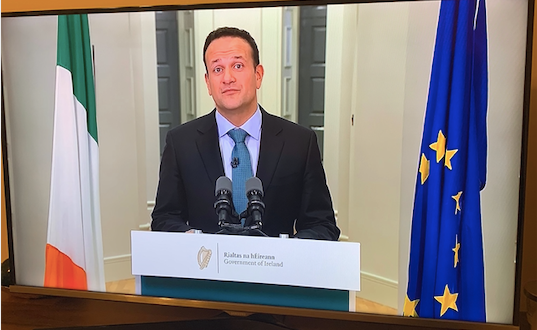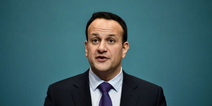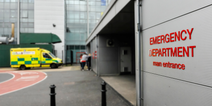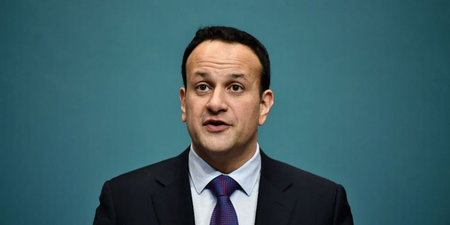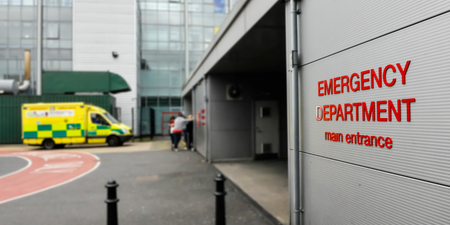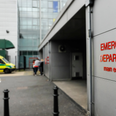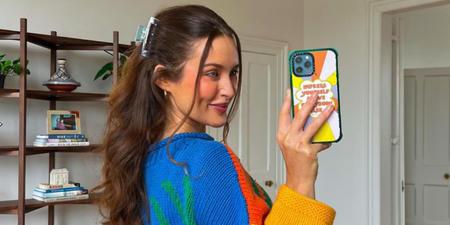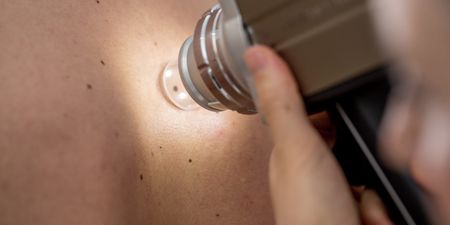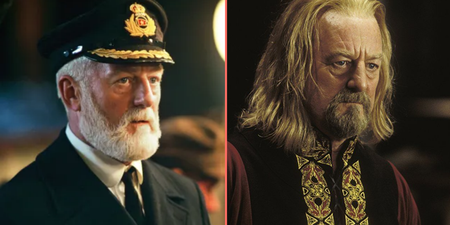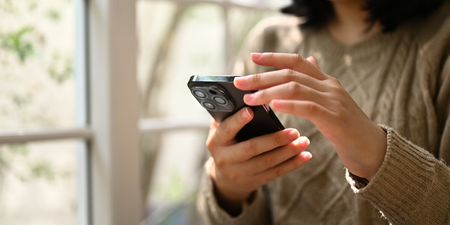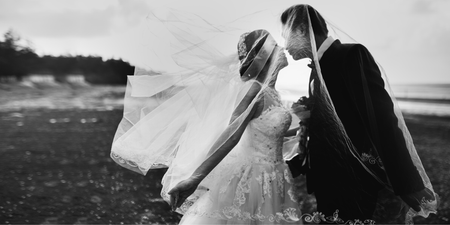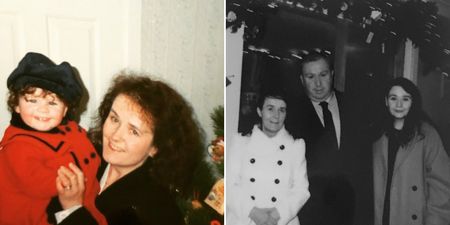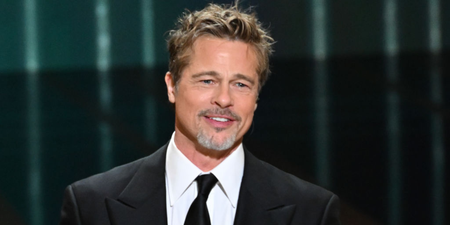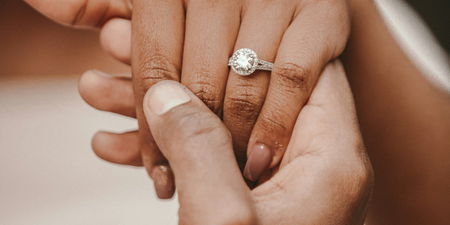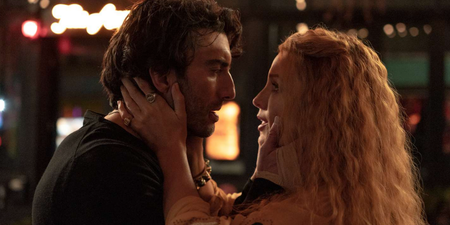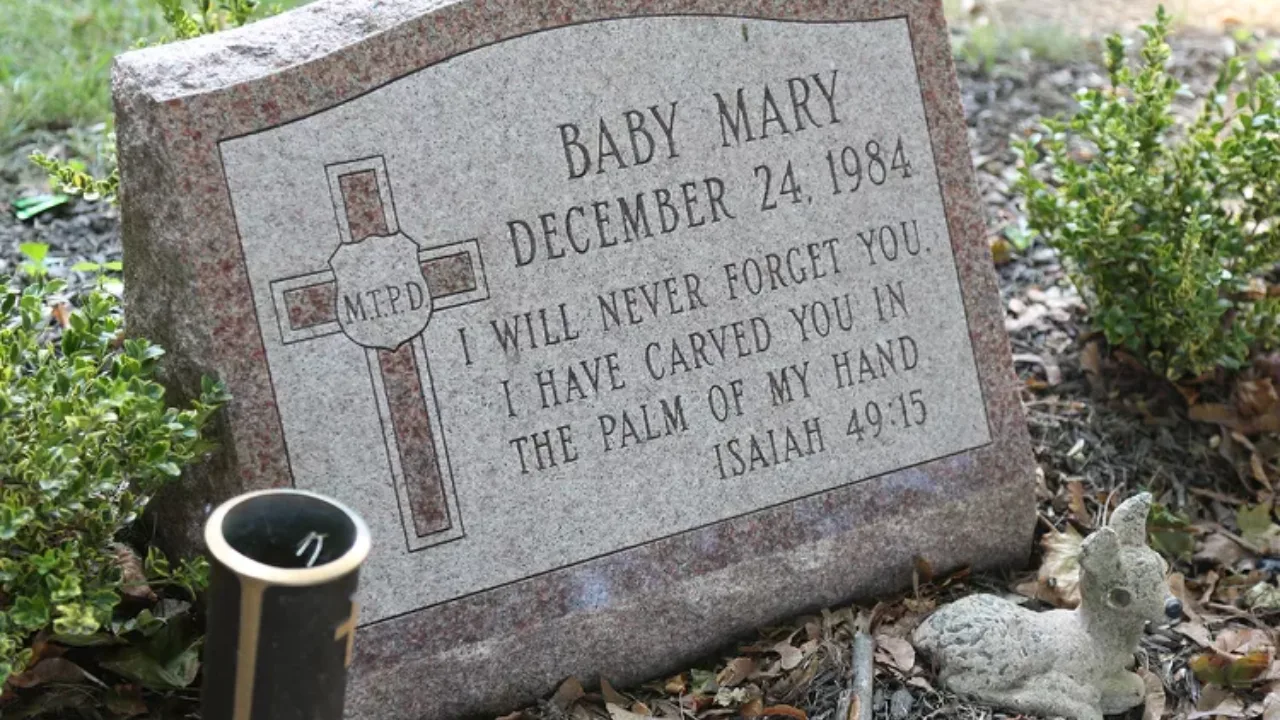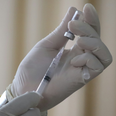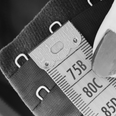On St Patrick’s night, March 17, 2020, Taoiseach Leo Varadkar made a televised address to the nation about Ireland’s fight against the Coronavirus. Below, you can read the full text of his speech:
“This is a St Patrick’s Day like no other. A day that none of us will forget. A day that children will tell their own children and grandchildren about, the national holiday in 2020 that had no parties, no parades but instead saw everyone staying at home to protect each other. In years to come let them say of us, when things were at their worst we were at our best.
Our country is making big demands of our healthcare staff and big demands of every single one of us. Tonight, I want you to know why these actions are being taken, what more needs to be done. We are in the middle of a global and national emergency, a pandemic the likes of which none of us has seen before. So far the number of cases in Ireland has been relatively small, however we believe the number will rise to 15,000 cases or more by the end of the month and rise further in the weeks thereafter.
The vast majority of us who contract Covid-19 will experience only a mild illness but many will be hospitalised and sadly some people will die. We cannot stop the virus, but working together we can slow it in its tracks and push it back. We can, as you’ve heard by now, flatten the curve. But only if everyone takes sustained action, nothing less will do.
We all need to take steps to reduce close human contact. That’s how the virus is spread. Not just at public gatherings or in public places but also in our homes, places of leisure and places of work. Large public gatherings are cancelled, all pubs and bars are shut and we’ve asked people to curtail or cancel social gatherings like parties weddings and other celebrations. I know these choices won’t be easy but they are necessary and more will be required in the coming weeks to reduce the spread of the virus.
At all times we will be guided and take the expert advice from our Public Health Emergency Team led by the Chief Medical Officer. We will always put your life and your health ahead of any other concern. All resources that we have, financial and human, are being deployed to serve this great national effort. We’re watching what’s happening around the world and we will learn from the experience of other countries affected by Covid-19 before we were, what works and what doesn’t. We know the best strategies focus on testing and contact tracing and social distancing so that’s our strategy. We will keep our essential services, supply chains and utilities operating.
Many of you want to know when this will be over. The truth is we just don’t know yet. This emergency is likely to go on well beyond March 29. It could go on for months into the summer, so we need to be sensible in the approach we take.
We will deploy our full resources to ensure that essential shops, workplaces and public transport can continue to operate. People will still need to buy goods and avail of personal services in the weeks and months ahead. However to do so we’ll need your co-operation and that of business and industry to make social distancing workable. This may mean changing how you do your business, but we will work with you to find safe and creative ways to do exactly this.
It may mean adjusted opening hours, staggering breaks, phone and video conferences rather than meetings and if possible working from home. It will mean avoiding unnecessary journeys, shopping online from local businesses and getting things delivered rather than physically going to the premises.
In short, we’re asking people to come together as a nation by staying apart from each other.
The most basic messages are washing your hands properly, and practicing good hygiene around sneezing and coughing are still the most important. And if you have a new cough that isn’t going away or a high temperature or both, stay at home, phone your doctor and a test will be arranged for you within a few days.
At a certain point we will advise the elderly and people who have a longterm illness to stay at home for several weeks. We’re putting in place the systems to ensure that if you are one of them you will have food supplies and are checked on. We call this cocooning and it will save many lives, particularly the lives of the most vulnerable – the most precious in our society.
I know it’s going to be very difficult to stay apart from our loved ones, most grandparents just want to give their grandchildren a big and a kiss around about now. But as hard as it is, we need to keep our physical distance to stop the virus. Technology can help too. Check in with your loved ones on Skype or FaceTime, and promise them that you’ll see them again soon.
We’ve already seen our fantastic community spirit spring into action. Phone your neighbours, see if they need help, and make sure that those who are living alone are not left alone.
To all the young people watching, I know you’re probably a bit bored and fed up by now. You want to see your friends, You might even be wishing you were back at school tomorrow but you are going to have to wait a while longer for that. And I hope you remember that this time is tough on your parents as well. So I’m asking you to ask your parents at least once a day what you can do to help them. Keep up your school work and call your grandparents.
Like you, my family have spoken about little else in recent days. My partner my two sisters and both their husbands are working in the health service here in Ireland and in the UK. They are all apprehensive, they’ve heard the stories from China and Italy of hospitals being overwhelmed and medical staff getting sick. I’m so proud of them all.
Not all superheroes wear capes, some wear scrubs and gowns and all of our healthcare workers need us to do the right thing in the weeks ahead.
Our community services and hospitals are being tooled up. Essential equipment is on the way. Retired staff are returning to service, people are training for changed roles.
This is the calm before the storm, before the surge. And when it comes – and it will come – never will so many ask so much of so few. We’ll do all that we can to support them.
I’m also grateful to the many people who have joined this great national effort, not just our healthcare staff but also army cadets, librarians, our civil servants who are now learning to do contact tracing. The early education and childcare workers offering to look after children for our frontline staff so they can go to work. The teachers and lecturers finding new, innovative ways to teach students online and putting together contingency plans for the Leaving Cert and college exams.
The people who are stocking our shelves every day and those who are serving customers. Our hauliers who leave their families on a Sunday evening and travel across the continent to ensure that we have the products, medicines and equipment that we need. All those who keep our supply chain moving, working in transport, we thank them. It’s a frontline service too.
Our journalists and broadcasters, who are helping us to inform and educate the public are all deserving of our respect and thanks.
Coronavirus is already having a deep impact on jobs and economic activity and will continue to do so. Some people watching will have seen their jobs lost, businesses closed, or working hours reduced. And more will be worried that it might happen to them too, especially as we don’t know when the emergency will end.
I know this is causing huge stress and anxiety to you and your families on top of the fear of the virus. While we don’t have all the answers now, we are doing and will do all we can to help you through the time ahead. You will receive income support as quickly and efficiently as possible and when we’re through the worst, we will get people back to work and get businesses open again.
Everyone in our society must show solidarity at this time of national sacrifice. For those who have lost their jobs and had their incomes reduced, there will be help and understanding from those who can give it, particularly the banks, government bodies and utilities.
We went into this crisis with a strong economy and the public finances in good order. We have the capacity and credit rating to borrow billions if we need to and I’m confident that our economy will bounce back but the damage will be significant and lasting. The bill will be enormous and it may take years to pay it.
The Government’s already signed off on a €3billion package for helping Social Welfare and business, and will take further action as needed.
Tonight I know many of you are feeling scared and overwhelmed, that’s a normal reaction but we will get through this and we will prevail.
We need to halt the spread of the virus but we also need to halt the spread of fear, so please rely only on information from trusted sources, from Government, the HSE, the World Health Organisation and from the national media.
Please don’t forward or share messages that are from other unreliable sources, so much harm has already been caused by those messages and we must insulate our communities and the most vulnerable from the contagion of fear. Fear is a virus in itself.
Please take regular breaks from watching the news and media and consuming social media. Constantly scrolling on your phone or obsessively following the latest developments isn’t good for anyone. Look after your mental health and well-being as well as your physical health.
Tonight, on our national holiday, I want to send a message round the world: we are in this together. To the people of China, Spain and Italy who have suffered untold heartbreak and loss, we are with you. To everyone who has lost a loved one to this virus, we are with you. To all those living in the shadow of what is to come, we are with you.
Viruses pay no attention to borders, race, nationality or gender. They are the shared enemy of all humanity, and so will be a shared enterprise of all humanity to find the treatment and a vaccine that protects us. Tonight I send a message of friendship and of hope from Ireland to everyone around the world.
Lá Fhéile Pádraig shona daoibh. Oíche mhaith.”
